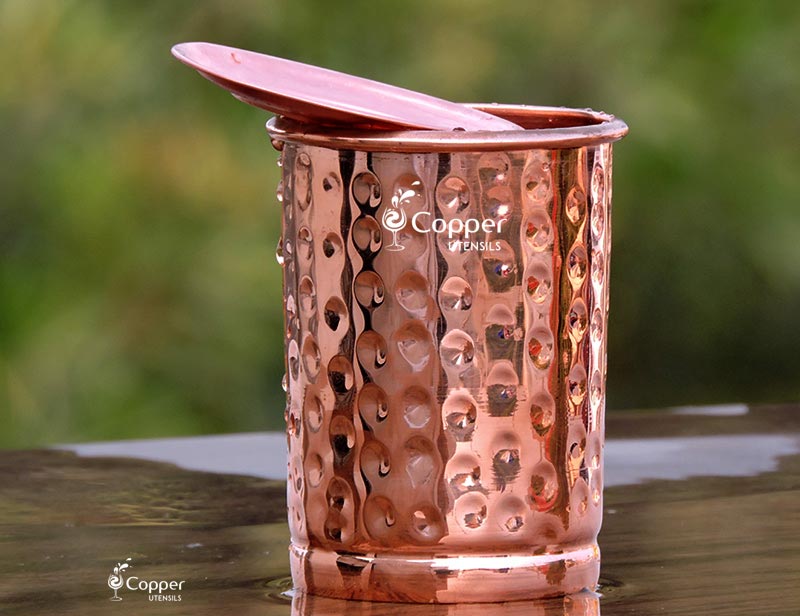Copper is one of the 14 trace elements which are required by the humans in trace amounts in order to survive and function normally. It is mainly found in the brain and liver. But the thing with copper is that, it cannot be synthesized by the human body on its own and it needs to be obtained from dietary sources only. Copper can either be obtained from various food items or with the use of copper utensils for cooking or storing drinking water.
Copper cookware is very popular among cooking pros. Both lined as well as unlined copper vessels are used for various culinary purposes. But copper vessels cannot be used for all sorts of cooking as it does react with certain food items and may cause unpleasant health-related issues.
Lined and unlined copper- Most of the times, you will find copper utensils lined with other metals such as tin. Only certain vessels used for jam making or beating egg whites do not come with a lining. As a metal, copper has the tendency to react with certain food items and thus is not preferably used with various food recipes.
Food items which react with copper- Copper vessels are not suggested to be used for storing pickled food items. Milk or milk products such as butter, cream, etc. should not be stored in copper vessels as these may react with the metal and cause illness. The same way, honey, yogurt and citrus juice should also be avoided as their acidic nature may react with the metal. If you have left any acidic or dairy product sitting in a copper vessel, you must discard it to avoid any health complications.
Side effects of copper ingestion- One of the common side effects of excess copper ingestion is gastrointestinal issues, such as gastrointestinal infection. This may be followed by the feeling of nausea, stomachaches, vomiting and diarrhea. You may also feel a metallic taste in your mouth and experience an overall sense of weakness and lethargy. These symptoms are usually temporary and will fade away eventually.
Copper ingestion over an extended period- The human body can process a large amount of copper. This means that even if you have ingested a large amount of copper, you can easily excrete it out of the body. Copper toxicity or poisoning can only occur if you have been ingesting large amounts of copper over an extended period of time. The symptoms of copper toxicity include a headache, dizziness, metallic taste in the mouth and constant thirst. If you experience two or more of these symptoms, make sure to visit your doctor.

